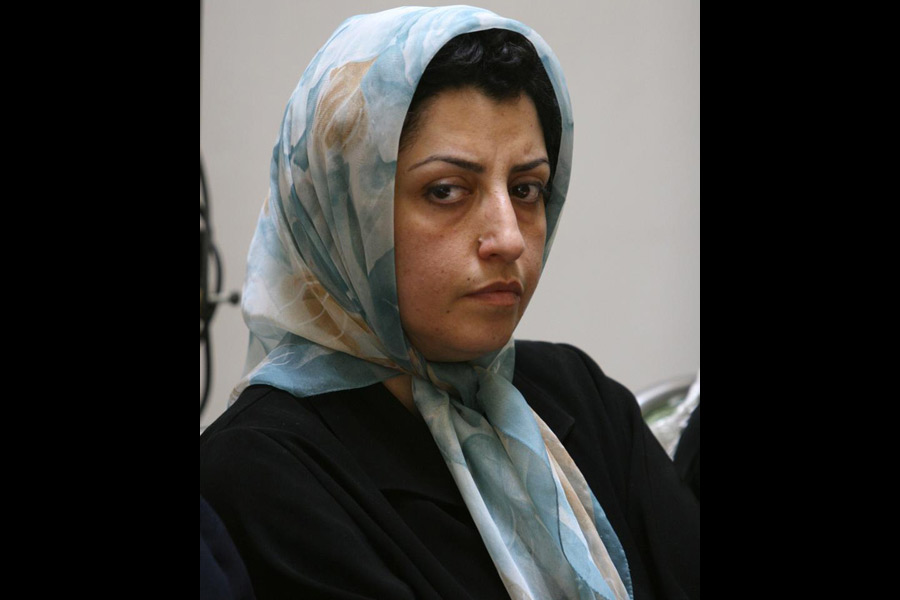.jpg)
London: A photograph of two lots of lady's-fingers ( bhindi), "grown in Buddha Garden, India", has won second prize in a prestigious science photography competition in London.
The crop is longer and healthier when using a smart automated system that combines "a highly localised weather forecast with local know-how of irrigation needs and soil conditions".
It has been established that this approach to micro-irrigation in the farms in Auroville in Tamil Nadu has "increased yields by 100 per cent, reduced water and energy consumption by 82 per cent as well as labour and composting requirements".
The photograph, credited to "Lucy Bryden/Heriot Watt University", won second prize in the "People and Skills" category of the Engineering and Physical Sciences Research Council's (EPSRC) annual photography competition for 2018.
The competition invites photographs from researchers of science in action in several categories, including "People and Skills", defined as "images of people working as part of your research team, taking part in or affected by your research".
According to those who run Buddha Garden, where volunteers are encouraged, its "vision is to produce healthy food for the community of Auroville in a way that is environmentally, socially and economically sustainable". "At the same time, Buddha Garden would like to be a place where people come to share knowledge and experience and to be a source of inspiration both practically and spiritually. In Buddha Garden, we are creating a living model of an organic farm which is sustainable in every way."
Professor Dame Ann Dowling, the president of the Royal Academy of Engineering and one of the judges, said: "Not only do we have really strong, attractive photographs, the stories behind them about the research and why it is being done are inspiring."
Tom Rodden, another judge who is a professor and the EPSRC's deputy chief executive, said: "Every year, we are stunned by the quality and creativity of the entries into our competition and this year has been no exception. They show that our researchers want to tell the world about the beauty of science and engineering."

.jpg)








